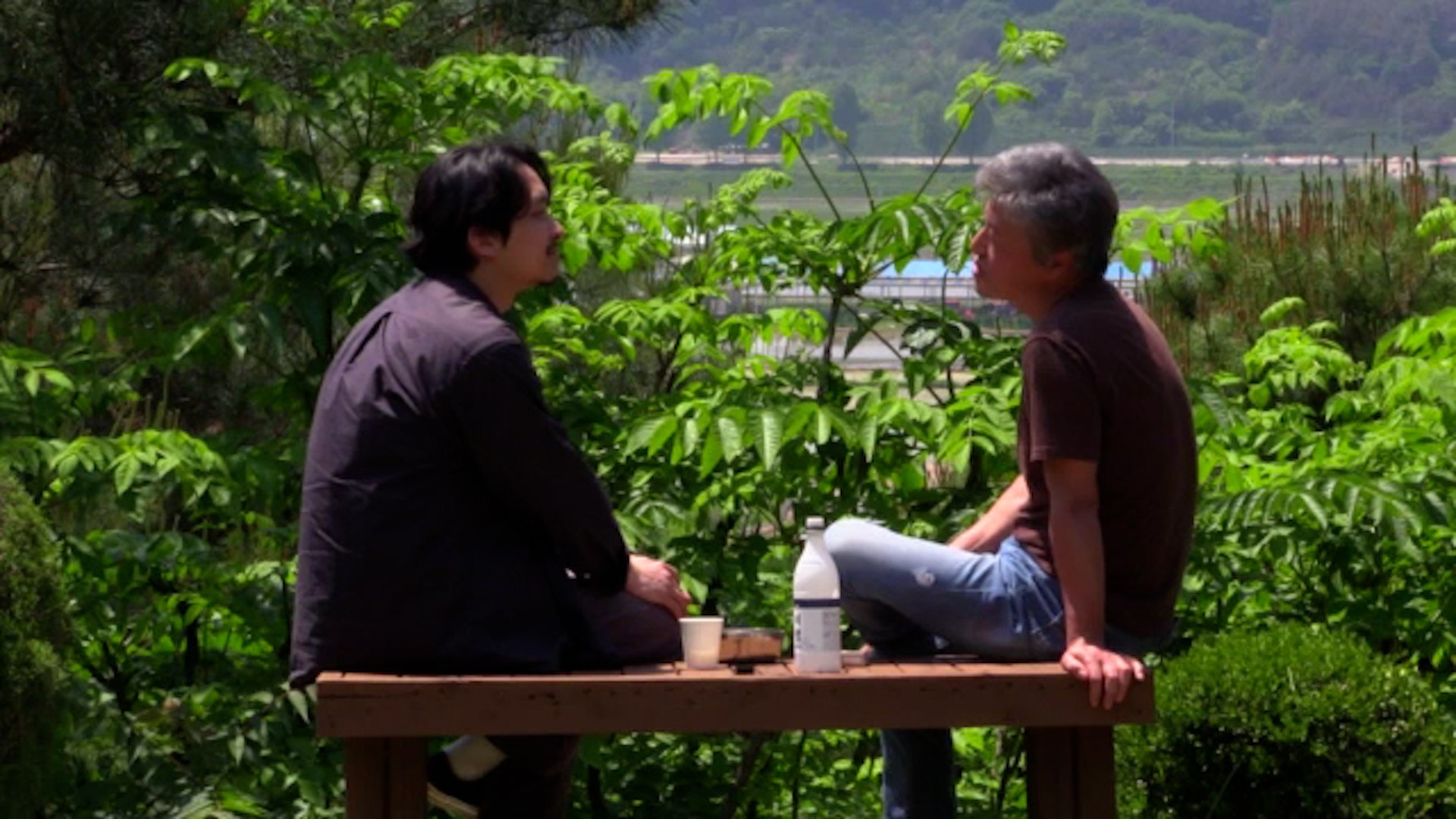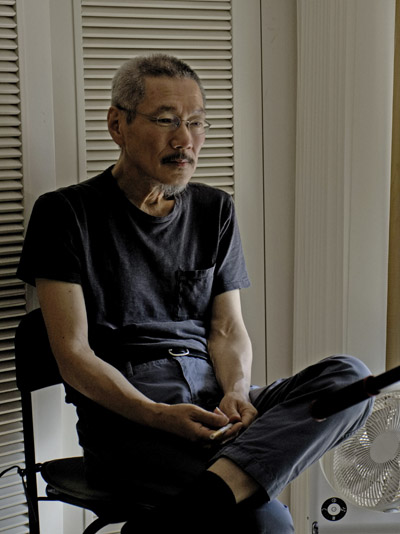Log in
Log in to use the My Festival Planner feature.
Please note:
Due to a database changeover, it is no longer possible to log in with an account from previous Berlinale editions. Please create a new account.
Using the icons in the programme you can create your individual festival schedule and subscribe to the iCal feed.
Log in
Log in to use the My Favourites feature.
Please note:
Due to a database changeover, it is no longer possible to log in with an account from previous Berlinale editions. Please create a new account.
Use the icons in the programme to create a list of your favourites.
Geu jayeoni nege mworago hani
What Does that Nature Say to You
Donghwa, a poet in his thirties, drives his girlfriend of three years, Junhee, from Seoul to her parents’ home outside Icheon. Seeing his surprise at the size of the house and its hilly gardens, Junhee suggests that he takes a quick look around. But in the driveway they meet Junhee’s father, who invites Donghwa to spend the day with the family: him, his wife, who is also a poet, and their two grown-up daughters. It is a deceptively lazy day, shot in a deliberately casual, lo-res style that mimics the genial soft-focus in which Donghwa sees the world when he is not wearing his glasses. The younger cohort visit a Buddhist temple by the river. Dad prepares a stew made from one of the chickens they keep in a coop on the grounds. And as the characters continually pair off to have one-to-one conversations, they test all sorts of bonds: sisterly, parental, marital, romantic, social and enviously professional. That evening, Donghwa gets drunk at dinner and drops his mask of polite deference, to the dismay of Junhee’s parents who have been assessing his suitability as a partner for their daughter, and to the delight of Junhee’s younger sister.

























